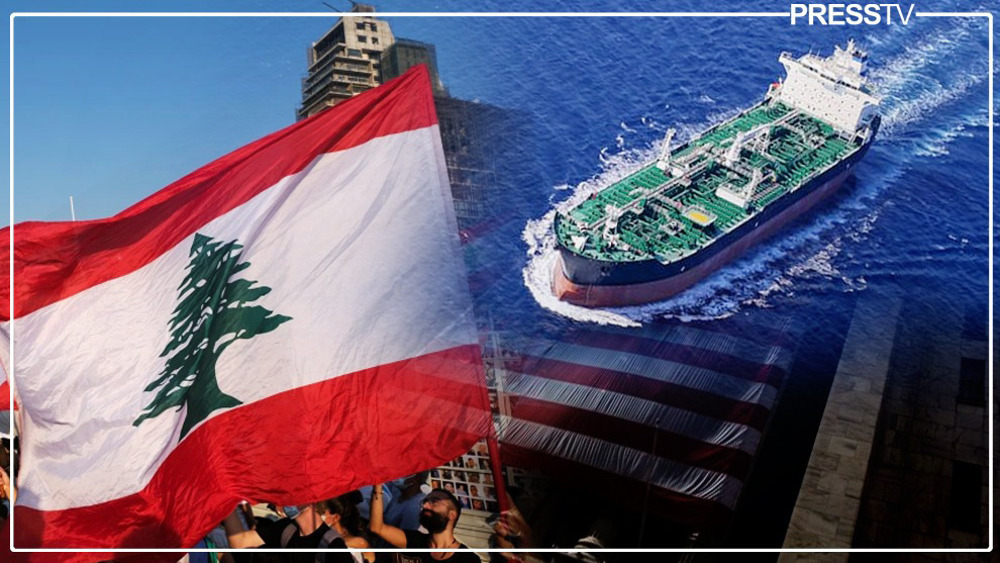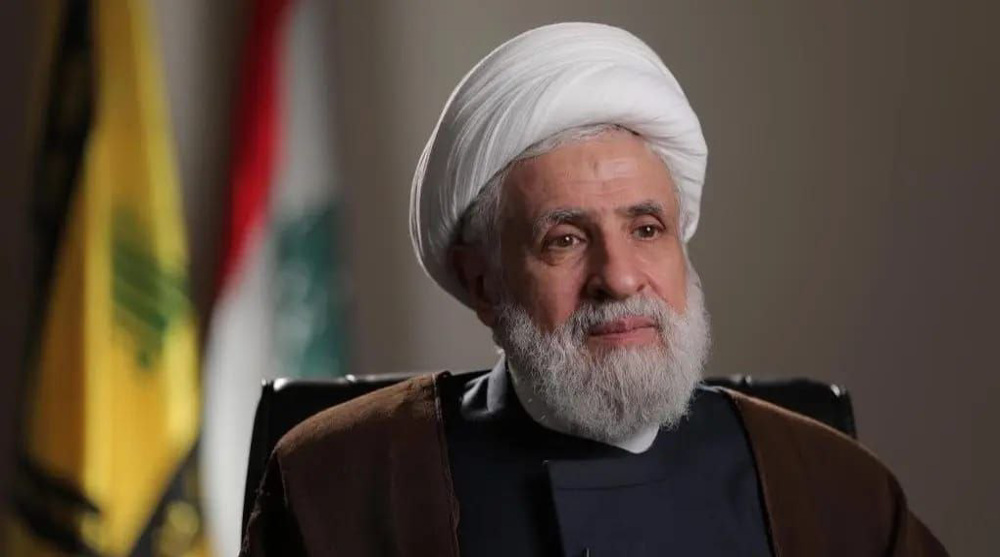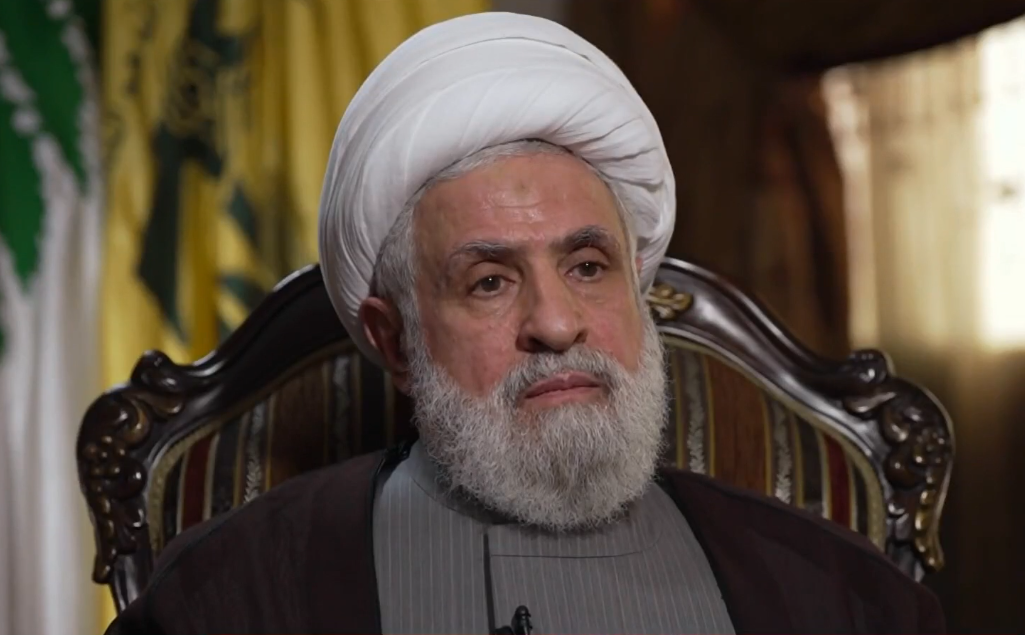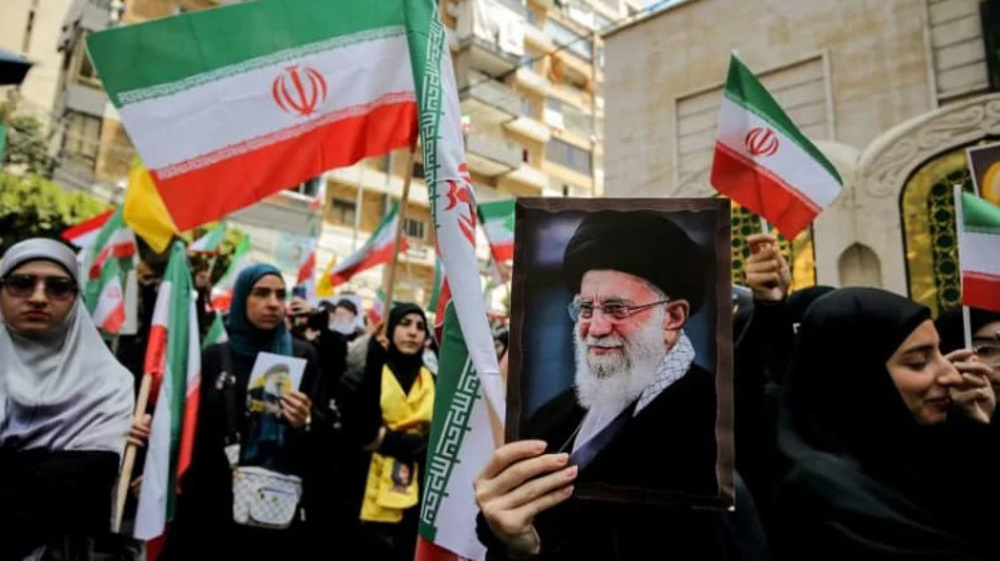With shipment of sanctioned fuel, Iran breaks economic siege
By Julia M.K.
The economic crisis in Lebanon, manifesting itself in hyperinflation, hoarding of imports as the Central Bank moved to cut subsidies, and a severe fuel shortage that has caused huge lines at petrol stations is not a sole problem of domestic “corruption” - but rather the effects of a manufactured campaign of economic pressure against Hezbollah.
Just as Lebanon was the historic experiment for neoliberal incursion into the Middle East, the blockade-like conditions imposed upon Lebanon serve as warnings to the rest of the global south absorbed into neoliberal capitalism against considering looking eastward to China or Iran for economic alliances.
Since 2019, fuel prices have skyrocketed when dollar reserves ran low and capital controls began to be imposed upon depositors of local commercial banks. In late August, the Central Bank, whose governor, Riad Salameh, is allied with the US, announced cuts to fuel subsidies. This decision was opposed by President Michel Aoun, who summoned the Central Bank governor soon after over the decision the President considered against the law.
In recent months, the effects of the crisis have reached new depths when impending cuts to fuel subsidies amidst the dollar scarcity encouraged hoarding of fuel. Stockpiles of hoarded fuel have been found in numerous areas, including Tleil in Akkar, Zahle, Zgharta, Saida, Nabi Osman in Baalbeck, Jeita, and in Jbeil. Over 150,000 tons of hoarded fuel were found at a gas station belonging to Ibrahim Sakr, a leader in the US-allied Lebanese Forces, where he was planning on selling at subsidized rates to card-carrying Lebanese Forces members.
In recent months, the US and its allies have done everything in their power to ensure that the blockade-like conditions in Lebanon continue to wage their chokehold on the country. In April, a planned meeting between the Iraqi PM Mustafa al-Kazemi and acting PM Hassan Diab to sign an agreement to secure oil for Lebanon fell through when Americans pressured Kadhimi to cancel the meeting with Diab to release the petrol.
In 2019, Iran demonstrated its ability to break the siege of Venezuela by delivering fuel aid in tankers to Venezuela across seas. It's no surprise that Lebanon, Iran’s neighbor relatively speaking, would not be out of reach.
In June, Hezbollah Secretary General Sayyed Hassan Nasrallah vowed that the party would import fuel from Iran if the sanctions persisted, adding that the logistics were already in place for the fuel deliveries from the Islamic Republic.
Since then, three tankers have taken off from Iranian waters, one already having reached Syria. In order to circumvent US sanctions, the tankers will stop in Syria before being transported by truck to Lebanon.
On September 3rd, the Iranian Foreign Minister stated his willingness to provide more fuel to Lebanon as needed in a phone call with Lebanese Foreign Minister Gebran Bassil, with the two agreeing to expand ties between Iran and Lebanon.
The US realized its major loss in terms of effectively maximizing the intended impact of its economic pressure on Hezbollah. The economic pressure enabled Hezbollah to turn not only certain areas more towards economic self-sufficiency. At the same time, easing up the economic pressure would not have made the US’s role apparent in facilitating the conditions of the crisis, but nullifies its own pressure campaign.
In response to Nasrallah’s original declaration in an August 19 speech that petrol would be brought in in broad daylight, the US ambassador announced that the US would support an “alternative” energy program.
Rushing to supply Lebanon with Jordanian electricity and Egyptian fuel through Syria, US Ambassador Dorothy Shea said that Lebanon needed “real” and “sustainable” solutions - that conveniently came in response to Nasrallah’s August 16 speech where he vowed to bring in the fuel in “broad daylight.”
In a speech soon after, Nasrallah mentioned this as evidence of the US’s guilt in waging the sanctions. By proposing to install an alternative energy infrastructure that passes first through Jordan and Egypt, the ambassador revealed the US role in the Ceaser-Act’s effects over Lebanon and of the US-imposed currency and energy crisis.
Syria agreed on September 4th to transport Jordan’s electricity and Egypt’s gas to Lebanon - something Nasrallah doubted - but the approval came as the first tanker was hours away from Lebanon and two others were days into their journey.
On September 1st, a Congressional delegation to Lebanon, led by US Senator Chris Murphy, assembled in reaction to the incoming Iranian fuel imports, which at the time of the meeting were moving past the Suez into Lebanon. The arrival of the congressional delegation signaled the desperate position the US is finding themselves in Lebanon, especially after their withdrawal in Afghanistan and impending withdrawals in Syria and Iraq.
Democratic Senator Richard Blumenthal, saying that Lebanon shouldn’t have to “depend on” oil imports from Iran. Yet the breaking of the blockade by Iran actually is relieving Lebanon of the consequences of dependency on the US dollar and Western imports. Thus, the only “damaging consequences” Blumenthal speaks of are not to “reliance on Iranian oil”, but in the damage to the US’s ability to strangle other countries economically. The delegation, arriving to threaten Lebanon with sanctions should it import the Iranian petrol, was the sore loser in this case: neither the fast-tracked Jordanian energy and Egyptian gas nor further economic sanctions could outpace or nullify the blockade-breaking assistance sent by Iran. In fact, it backfired further: the energy and gas, being sent through Syria, necessitates US sanctions relief on Syria’s electrical sector.
As the war on Lebanon shifts from military to economic, designed to “humiliate” and “subjugate”, Hezbollah has proven their adaptability to deterrence in both dimensions. Daring the US or the Zionist entity to attack the tankers, Nasrallah emphasized that any attack against Hezbollah’s economic intervention to the fuel crisis would signal the military kiss of death for the Zionist entity, ironically equivocated through the cowardice of economic and political pressure.
Julia M.K. is a Beirut-based analyst, writer, and political commentator. Along with regular appearances on PressTV, her work has also appeared in Al-Mayadeen, Al-Akhbar, Mirat al-Jazeera, Counterpunch, and elsewhere.
(The views expressed in this article do not necessarily reflect those of Press TV.)
Democrats threaten govt. shutdown after second ICE killing in Minneapolis
MSF to disclose limited list for Gaza staff after Israel revoked its aid licenses
VIDEO | India defies Western push at UN Rights Council on Iran
Cuba's president observes drills, vows high cost for any US aggression
Iran dismisses Nazi-style propaganda on riot death toll
Israel kills more civilians in Gaza amid relentless ceasefire violations
VIDEO | Press TV's news headlines
Israeli soldier fakes kidnapping of Palestinian to extort family










 This makes it easy to access the Press TV website
This makes it easy to access the Press TV website